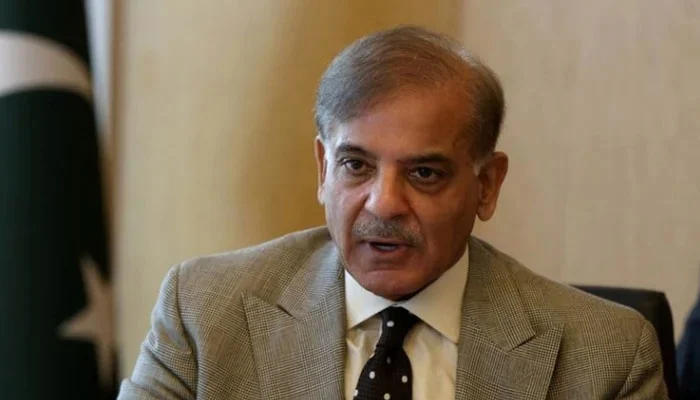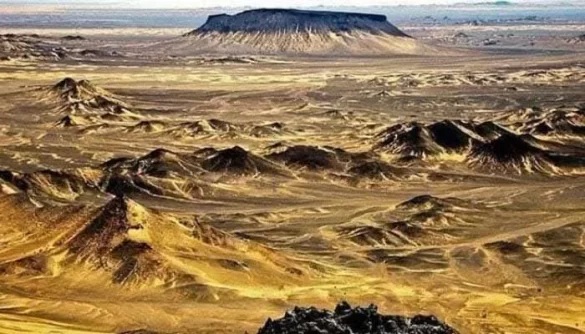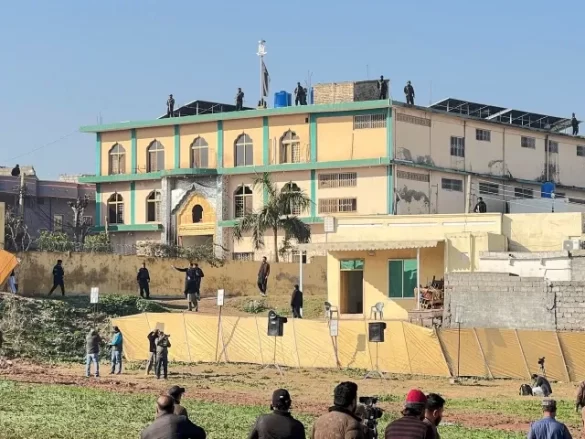Call for Unity on World Giving Day
On the occasion of World Giving Day, Pakistan’s Prime Minister Shehbaz Sharif has urged the nation to extend generous donations and assistance to those affected by the recent devastating floods.
In a special message, Sharif highlighted that Pakistan, along with the rest of the world, is marking the global day dedicated to philanthropy and social welfare. He stressed that Pakistanis have a long history of offering unconditional help in times of crisis, regardless of race, religion, or background.
“Helping others selflessly has always been a defining part of our culture and Islamic values,” the prime minister said, calling on citizens to embrace the spirit of compassion at this critical hour.
Tradition of Philanthropy in Pakistan
Sharif noted that Pakistanis consistently rank among the most charitable people in the world. Over the decades, natural disasters, conflicts, and humanitarian crises have been met with extraordinary levels of public generosity and volunteerism.
He pointed to the country’s vibrant network of welfare programs, many of which are sustained by donations from ordinary citizens. Free healthcare facilities, community kitchens, and ambulance services have become an integral part of Pakistan’s social fabric, reflecting the strength of civil society.
Independent global surveys have also recognized Pakistan as one of the leading countries in charitable giving. For example, the Charities Aid Foundation’s World Giving Index has frequently placed Pakistan in the top tier of nations where individuals donate regularly.
Widespread Flood Damage
Referring to the ongoing floods, Sharif painted a grim picture of the situation. Thousands of families, he said, have lost their homes, livestock, and sources of livelihood. Many are still waiting for food, shelter, and basic healthcare.
Monsoon rains have caused widespread flooding across several provinces, submerging villages and damaging vital infrastructure. While federal and provincial governments, the military, and local charities are carrying out relief operations, the prime minister acknowledged that needs remain urgent.
The government has also announced compensation packages for families affected by the floods, but officials stress that additional support through donations is still essential.
“The challenge is immense, and it requires collective action,” he said, appealing for greater public support.
Appeal to Overseas Pakistanis
In his address, Sharif made a particular appeal to overseas Pakistanis, who have historically played a major role in supporting disaster relief efforts through remittances and donations.
He urged the diaspora to contribute generously to rehabilitation programs so that displaced families can return to normal life as quickly as possible. Overseas contributions, he emphasized, are critical not only for short-term relief but also for long-term recovery, including rebuilding homes, schools, and healthcare facilities.
A Vision for a Resilient Future
Concluding his message, the prime minister underscored the importance of fostering tolerance, compassion, and a spirit of social welfare. By practicing these values, he said, Pakistan can move towards becoming a more dignified, stable, and developed nation.
“As we mark World Giving Day, let us reaffirm our commitment to those in need and work together for a stronger Pakistan,” he said.
Broader Context
Pakistan is no stranger to climate-related disasters. In 2022, unprecedented floods submerged a third of the country, affecting more than 33 million people and causing damage estimated at over $30 billion, according to the World Bank and United Nations. While the current flooding is on a smaller scale, officials warn that changing weather patterns continue to put vulnerable communities at risk.
Relief experts argue that while emergency donations are vital, long-term resilience requires investment in flood defenses, sustainable housing, and climate adaptation strategies. Pakistan, among the countries most affected by climate change despite contributing less than 1% to global carbon emissions, continues to seek international assistance for both humanitarian aid and climate resilience.















